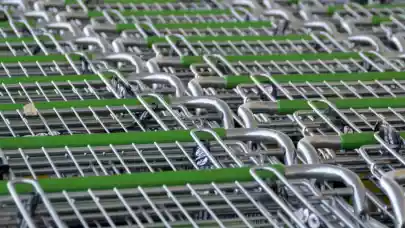
Colliers International in CEE intends to update some of the more rapidly changing data and market sentiment on a weekly basis and then to provide Q1 market sector updates as they become available or as they develop. Below is this week’s summary.
- CEE countries were some of the first to implement restrictive measures on people and business and have therefore seen relatively low case numbers to date. We obviously hope this remains to be the case but, the lack of tests in many markets may make these numbers misleading.
- Regional governments have been under immense pressure to announce and deploy measures to aid and support people, business and economies. These are now beginning to materialize and will adapt over time but, they will also take time to deliver at this scale.
- CEE economies are under unprecedented pressure after many years of solid growth. Although the severity will be determined by the length of the pandemic and subsequent recovery, all economies will see a decline or fall into a recession in 2020.
- Regional office markets were coming off the back of a strong growth period. It will be essential for landlords, tenants and all involved to find ways of working through the situation. The majority of employees work remotely, while construction delays are anticipated.
- CEE retail markets are facing the worst of the restrictive measures to avoid the spread of the virus. All non-essential brick and mortar retail, F&B, entertainment, DIY, etc, have been closed. E-commerce platforms, particularly food, are thriving and adapting to a huge spike in demand.
- The regional industry is also facing difficult challenges as the automotive industry effectively halts production alongside suppliers and others. Where possible, some manufacturers have adapted production to heavily demanded equipment and products for medical and hygiene uses.
- CEE logistics are going ballistic as e-commerce operators and distributors adapt to keep supply chains running smoothly as demand spikes from people and business operating under very different circumstances. Additional, short term storage/processing solutions are therefore in higher demand.



